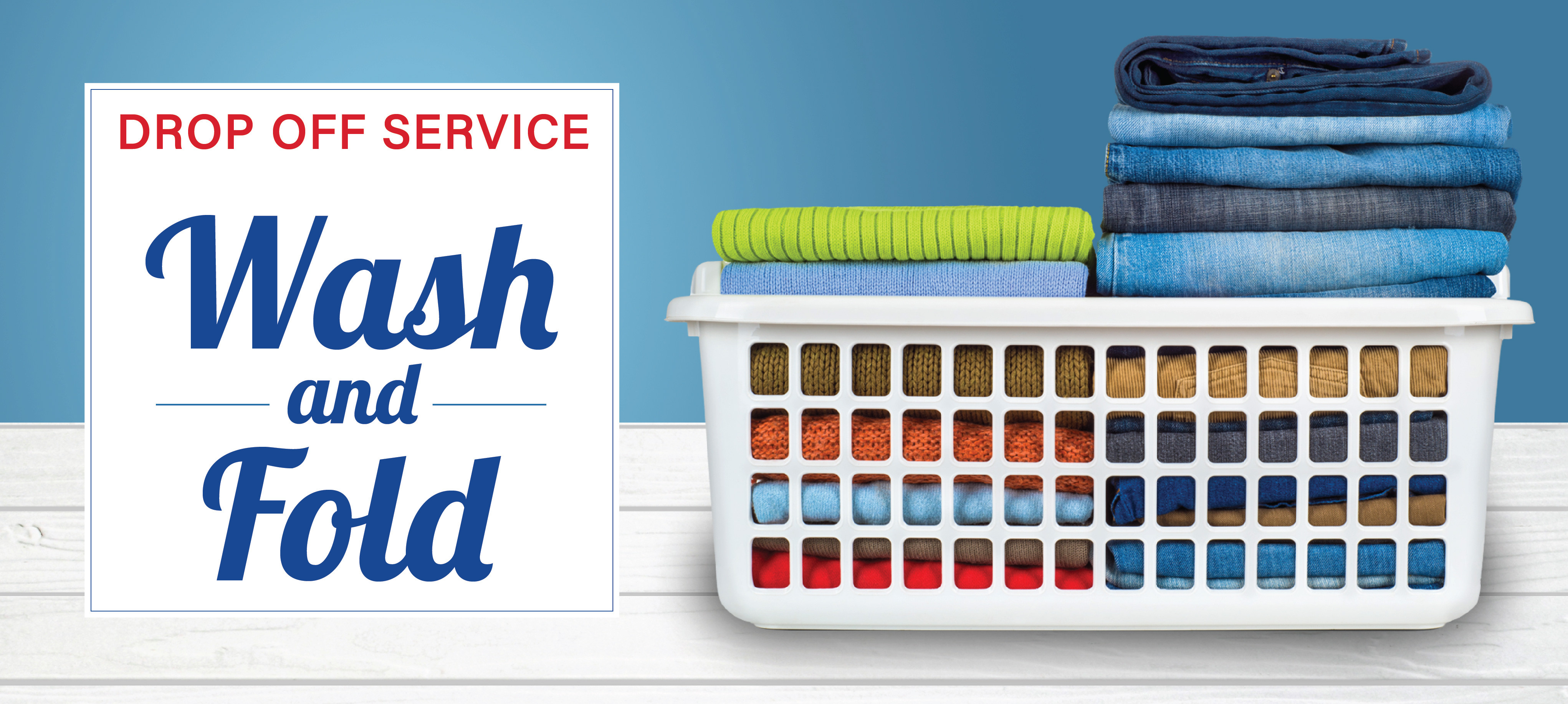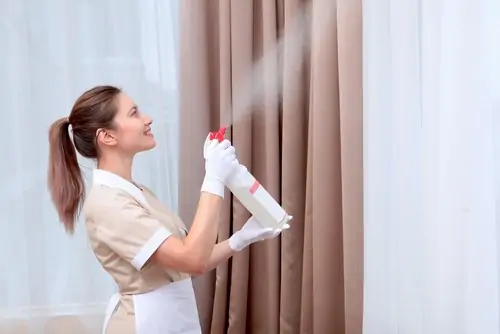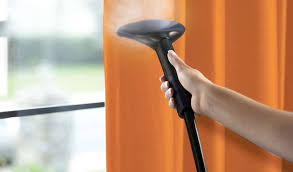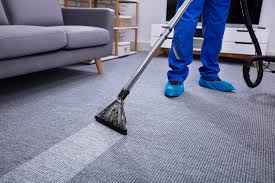What Type Of Carpet Cleaning Is Best For Allergies?
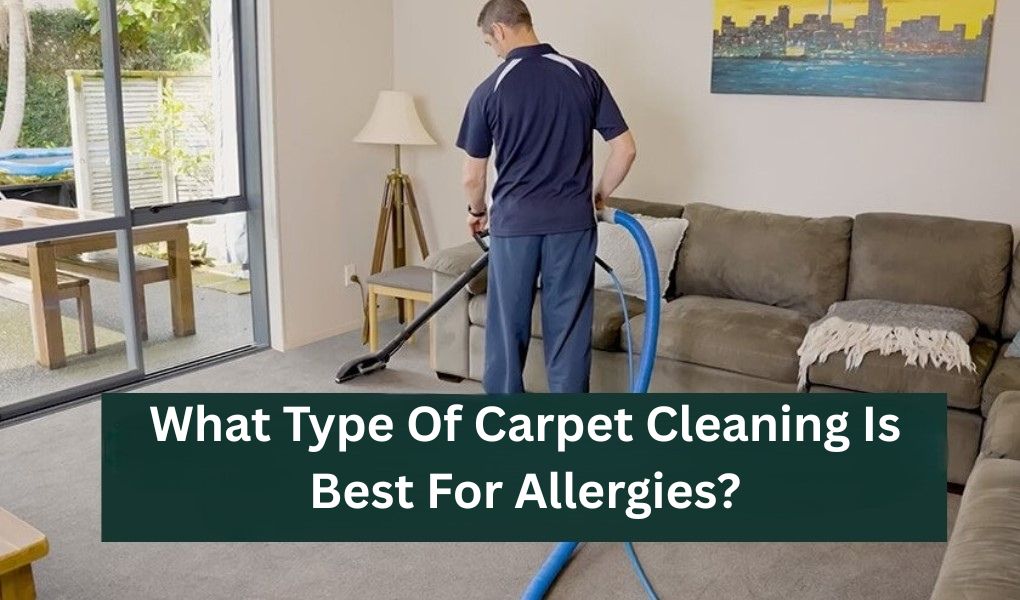
Strong 8k brings an ultra-HD IPTV experience to your living room and your pocket.
Carpets add comfort and warmth to any home, but they can also trap allergens like dust mites, pet dander, and pollen. For those who suffer from allergies, a dirty carpet can quickly become a trigger. Choosing the right type of carpet cleaning is essential for maintaining a healthy indoor environment—especially in places like the UAE, where dust and humidity can worsen allergy symptoms.
In this blog, we’ll explore the most effective carpet cleaning methods for allergy relief and share expert tips on keeping your carpets clean and allergen-free.
Why Carpets Can Worsen Allergy Symptoms
Common Allergens Trapped in Carpets
Carpets are a magnet for microscopic allergens. Over time, these substances build up and settle deep into the carpet fibers, making them difficult to remove with regular vacuuming. Common allergens include:
Dust mites – One of the biggest culprits for allergic reactions.
Pet hair and dander – Triggers sneezing, coughing, and itchy eyes.
Pollen – Often carried indoors through shoes or open windows.
Mold spores – Can grow in damp carpets if not dried properly.
How Dirty Carpets Affect Indoor Air Quality
When carpets are walked on, allergens can become airborne and circulate through your home. This can aggravate respiratory conditions like asthma or sinus issues. Regular and effective carpet cleaning helps maintain better indoor air quality and reduces allergy symptoms.
Key Factors in Allergen-Reducing Carpet Cleaning
Not all cleaning methods are equally effective for allergy relief. Here’s what to consider:
Deep cleaning removes allergens embedded deep in the carpet fibers.
High-temperature cleaning (like steam) can kill dust mites and bacteria.
Proper drying prevents mold and mildew growth.
Use of hypoallergenic and eco-friendly cleaning agents ensures safety for sensitive individuals.
Best Carpet Cleaning Methods for Allergies
1. Hot Water Extraction (Steam Cleaning)
How It Works: Hot water mixed with a cleaning solution is injected deep into the carpet under pressure and then extracted along with dirt and allergens.
Why It’s Great for Allergies:
Kills dust mites and bacteria
Removes embedded dirt, pet dander, and pollen
Highly effective for deep allergen removal
Considerations:
Requires professional equipment
Drying time can take several hours
2. Dry Carpet Cleaning
How It Works: A minimal-moisture cleaning compound is sprinkled onto the carpet, agitated, and then vacuumed up.
Why It’s Good for Allergy Sufferers:
Low moisture—reduces mold risk
Quick drying (ideal for humid climates like the UAE)
Suitable for routine maintenance
Considerations:
May not be as effective for deep-seated allergens
3. Shampooing and Encapsulation
Encapsulation involves applying a foam or liquid cleaner that crystallizes into a powder, trapping dirt that is then vacuumed away.
Pros:
Good for surface-level cleaning
Fast drying time
Eco-friendly products available
Cons:
Less effective for deeper allergen removal
May require frequent applications
4. Professional vs DIY Cleaning
While DIY carpet cleaners and rental machines are widely available, they often lack the power and temperature needed to eliminate allergens thoroughly. Professional carpet cleaning services use industrial-grade equipment, ensuring a deeper clean and better results for allergy relief.
How Often Should You Clean Carpets to Reduce Allergies?
The frequency of carpet cleaning depends on your household’s specific needs. Here’s a general guideline:
Every 6 to 12 months for allergy-prone households
Every 3 to 6 months if you have pets, children, or live in a dusty environment like the UAE
Regular vacuuming 2–3 times a week with a HEPA-filter vacuum cleaner
Consistent professional cleaning, combined with a good home cleaning routine, helps manage allergens year-round.
Additional Tips to Keep Carpets Allergy-Free
Maintaining a clean carpet goes beyond deep cleaning. Here are simple practices that can reduce allergen build-up:
Vacuum with HEPA filters to trap fine dust and allergens
Control indoor humidity with dehumidifiers or air conditioners
Avoid walking indoors with shoes to minimize dirt and pollen
Use doormats and clean them regularly
Schedule regular deep cleans, especially during seasonal changes
Carpet Material Matters – Choose Wisely
If you’re considering new carpets or replacements, select hypoallergenic materials. Low-pile carpets trap fewer allergens compared to high-pile or shag carpets. Materials like wool, nylon, and polyester with anti-microbial treatments are better choices for allergy-prone individuals.
Why Choose Professional Carpet Cleaning in the UAE?
Living in the UAE presents unique challenges like high dust levels, humidity, and indoor air conditioning—all of which can contribute to allergen build-up in carpets. Professional carpet cleaning services can effectively address these issues, ensuring a cleaner and healthier indoor environment.
Use specialized, allergy-safe cleaning products
Understand regional climate-related concerns
Provide deep cleaning solutions tailored to your home
Conclusion
For allergy sufferers, clean carpets are essential for maintaining a healthy living environment. Among the various options, hot water extraction (steam cleaning) stands out as the most effective method for deep allergen removal. However, a combination of dry cleaning methods, regular vacuuming, and professional maintenance will help keep your carpets clean and your indoor air fresh.
Taking proactive steps today can lead to better breathing and a more comfortable home tomorrow.
Frequently Asked Questions
Q1: Can steam cleaning remove all allergens from carpets?
Yes, steam cleaning is one of the most effective methods for removing dust mites, pet dander, and bacteria, thanks to its high-temperature deep cleaning.
Q2: Is dry carpet cleaning effective for pet allergies?
Dry cleaning helps reduce surface allergens and is good for maintenance, but may not be as thorough as steam cleaning for pet-related allergens.
Q3: How often should I get my carpets professionally cleaned if I have allergies?
Every 3–6 months is ideal, especially if you have pets or live in a dusty area.
Q4: What’s the best way to maintain allergy-free carpets between cleanings?
Vacuum regularly with a HEPA filter, control humidity, and avoid bringing outdoor dirt inside.
Note: IndiBlogHub features both user-submitted and editorial content. We do not verify third-party contributions. Read our Disclaimer and Privacy Policyfor details.



